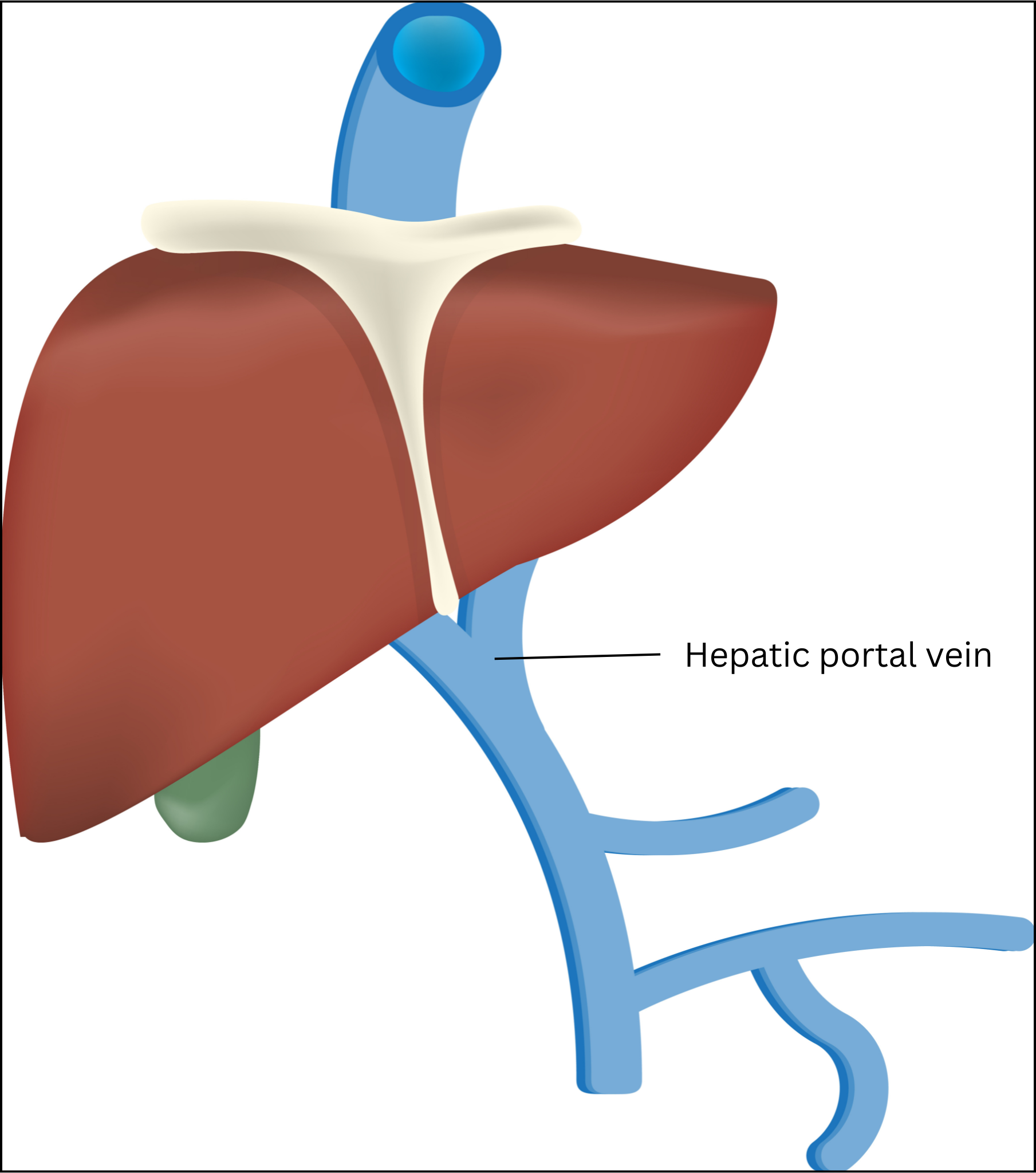Portal Hypertension
What is portal hypertension?
This condition is elevated blood pressure in your portal venous system, which includes the major vein that leads to the liver, which is called the portal vein, and the smaller veins that branch off form it.
When blood flow through your portal vein becomes blocked or slowed, pressure builds up within your portal venous system. To compensate, your body redirects blood through other veins. This increased flow causes those veins to enlarge, stretching and weakening their walls. As a result, they may leak fluid into the abdomen or rupture and bleed.
Causes
Depending on where you live, the most common cause changes. In Western countries the most common cause is cirrhosis (scarring) of the liver due to chronic liver disease. This is because scar tissue restricts the flow of blood through the portal vein.
In other parts of the world a parasite infection known as schistosomiasis is the more common cause.
Symptoms
People with cirrhosis typically already have portal hypertension, but have not experienced any symptoms yet. As their condition worsens, complications begin to develop.
The most frequent signs and symptoms of portal hypertension include:
- Gastrointestinal bleeding - can see blood in stools or blood in vomit
- Ascites - fluid accumulation in your abdominal area causing swelling
- Jaundice - yellowing of the skin and whites of the eyes
- Encephalopathy - confusion or fogginess in thinking
- Edema - swelling of the legs
How is it diagnosed?
Our hepatologists can use a number of diagnostic procedures to determine if you have portal hypertension.
- Blood tests
- Imaging
- Pressure measurement studies
- Endoscopic diagnostics
For patients with late stage liver disease and confirmed complications such as ascites and varices, testing may not be necessary as a diagnosis can be confirmed based on symptoms.
Treatment
Portal hypertension is challenging to treat or cure. Our hepatologists will instead focus on prevention and management of complications while trying to reduce the pressure in the portal vein. The most common complication of portal hypertension is bleeding from varices (varicose veins associated with portal hypertension).
Options to manage this condition and its complications:
- Medication
- Endoscopic therapies
- Shunting procedures
- Liver transplant



